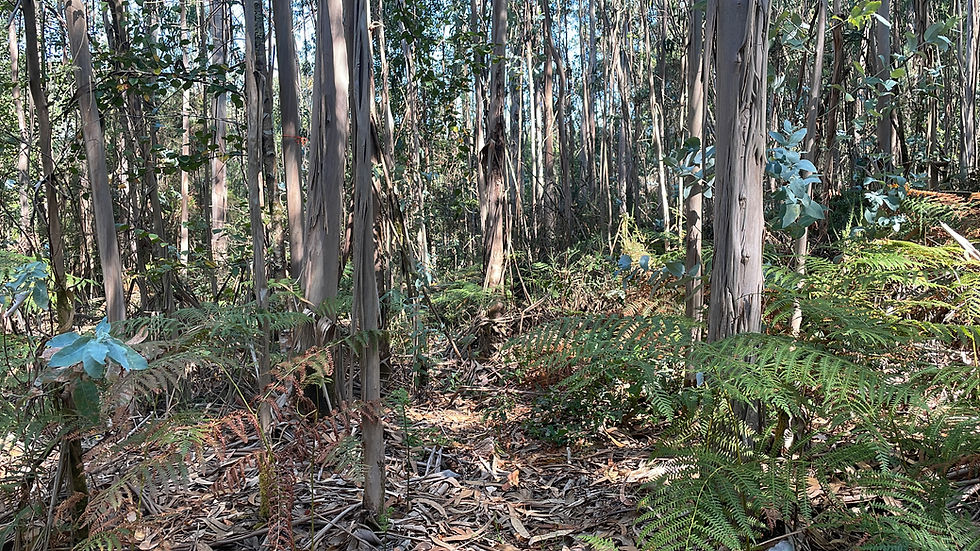Impacts of agricultural managements on soil health


Maintaining healthy soils is essential for achieving sustainable and productive agriculture. Conventional practices often degrade soil quality, while alternative management approaches can support soil health by enhancing biological activity, structure, and nutrient cycling.
My research focuses on understanding how these alternative practices impact soil functioning. Through various projects, I investigate strategies that promote long-term soil resilience, reduce environmental impacts, and contribute to more sustainable food systems.
Soil resistance to multiple stressors in mixed vs. monospecific forests


Forests play a major role in climate regulation, biodiversity, and rural economies. Research shows that mixed forests tend to be more productive and resilient than monocultures, but it’s still unclear whether these benefits extend to the soil.
The FORESTRESS project aims to answer this question by combining field observations, experiments, and cutting-edge tools to explore whether soils in mixed forests are more biodiverse, functional, and resistant to multiple stressors—and how factors like climate, soil type, or forest management shape these responses.
Understanding the ecological impact of eucalyptus plantations in a changing world


Eucalyptus globulus is a fast-growing species widely planted for pulp and paper production in the Iberian Peninsula.
The EUCAS project investigates how soil processes, climate conditions, and land-use change—from native forests to eucalyptus plantations—affects the exchange of greenhouse gases (GHGs; CO₂, CH₄, and N₂O) between soil and atmosphere. We are particularly interested in understanding the role of soil microbes and the sensitivity of different soils to temperature and moisture changes under climate change, helping to clarify whether more diverse forest systems offer greater resilience and lower climate impact.
Climate change and soil functioning across ecosystems



Through various projects and collaborations, my research focuses on understanding how climate change affects soil functioning across a wide range of ecosystems and spatial scales. I study the impacts of key climate drivers, such as rising temperatures, reduced rainfall, and shifts in precipitation patterns, on soil processes that are critical to ecosystem health and resilience.
My work combines observational studies with experimental approaches, including field and laboratory experiments, to explore responses across diverse ecosystems such as drylands, forests, and polar regions. This multi-scale, multi-system perspective allows me to investigate how climate change alters soil nutrient cycling, microbial activity, and ecosystem feedbacks, from local conditions to global patterns.
